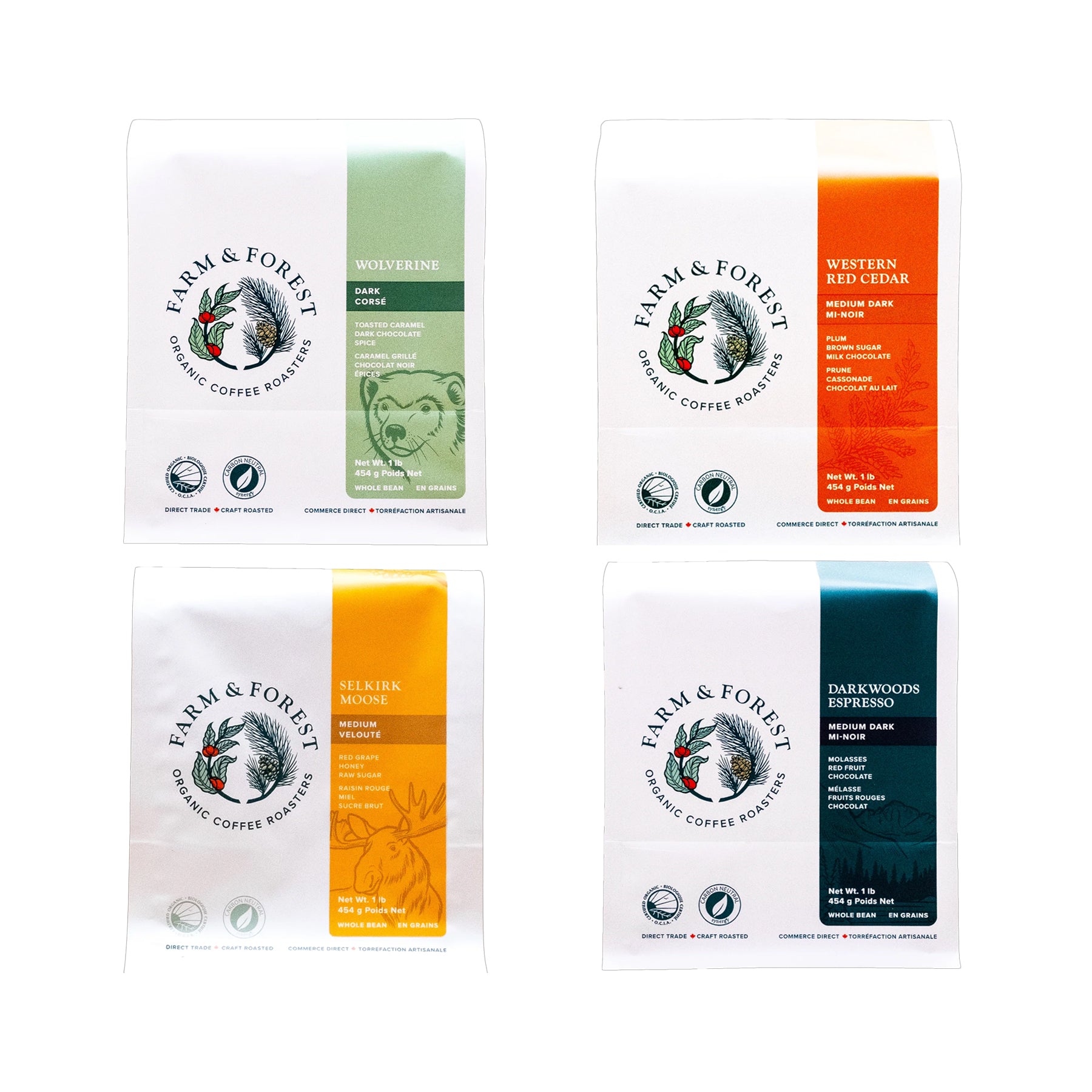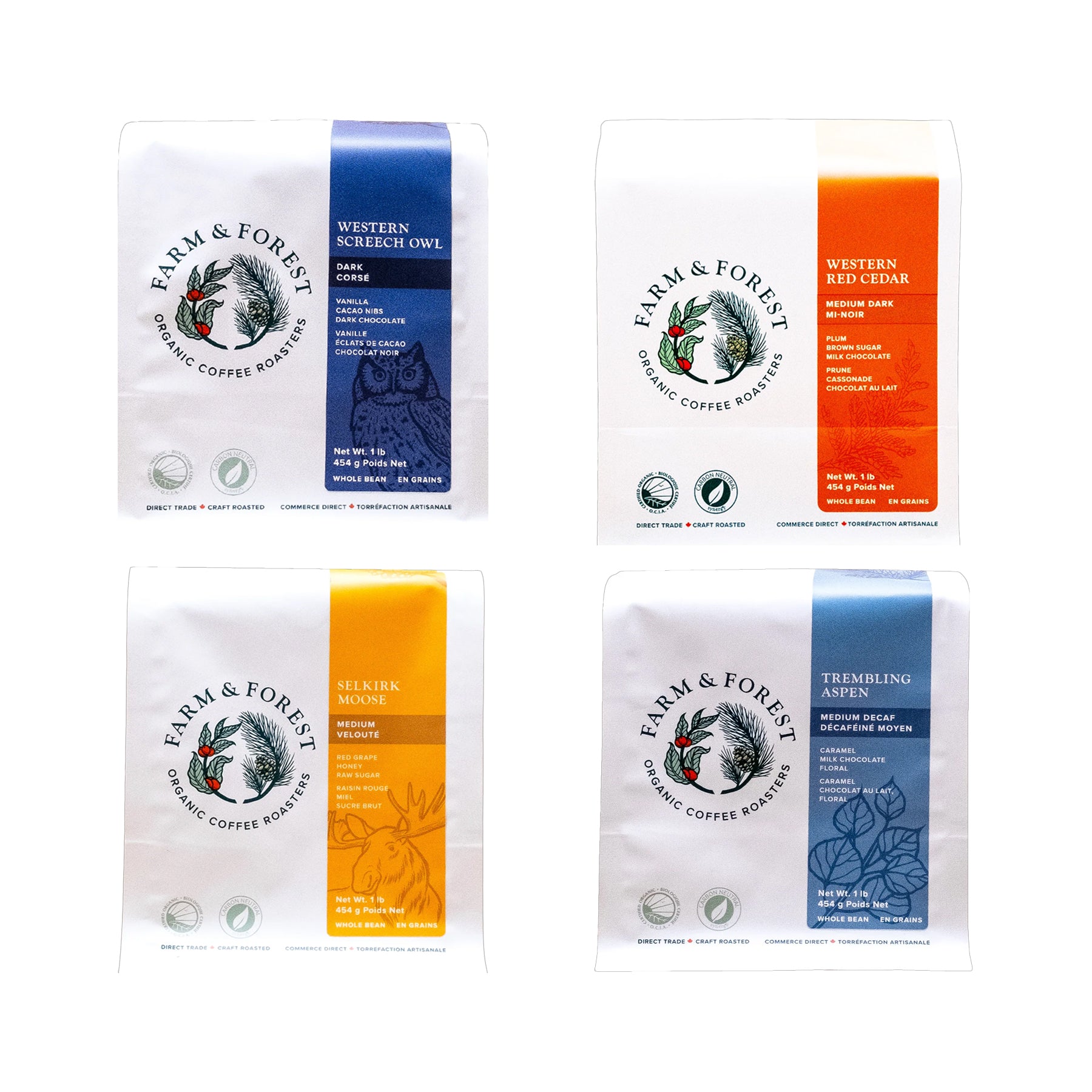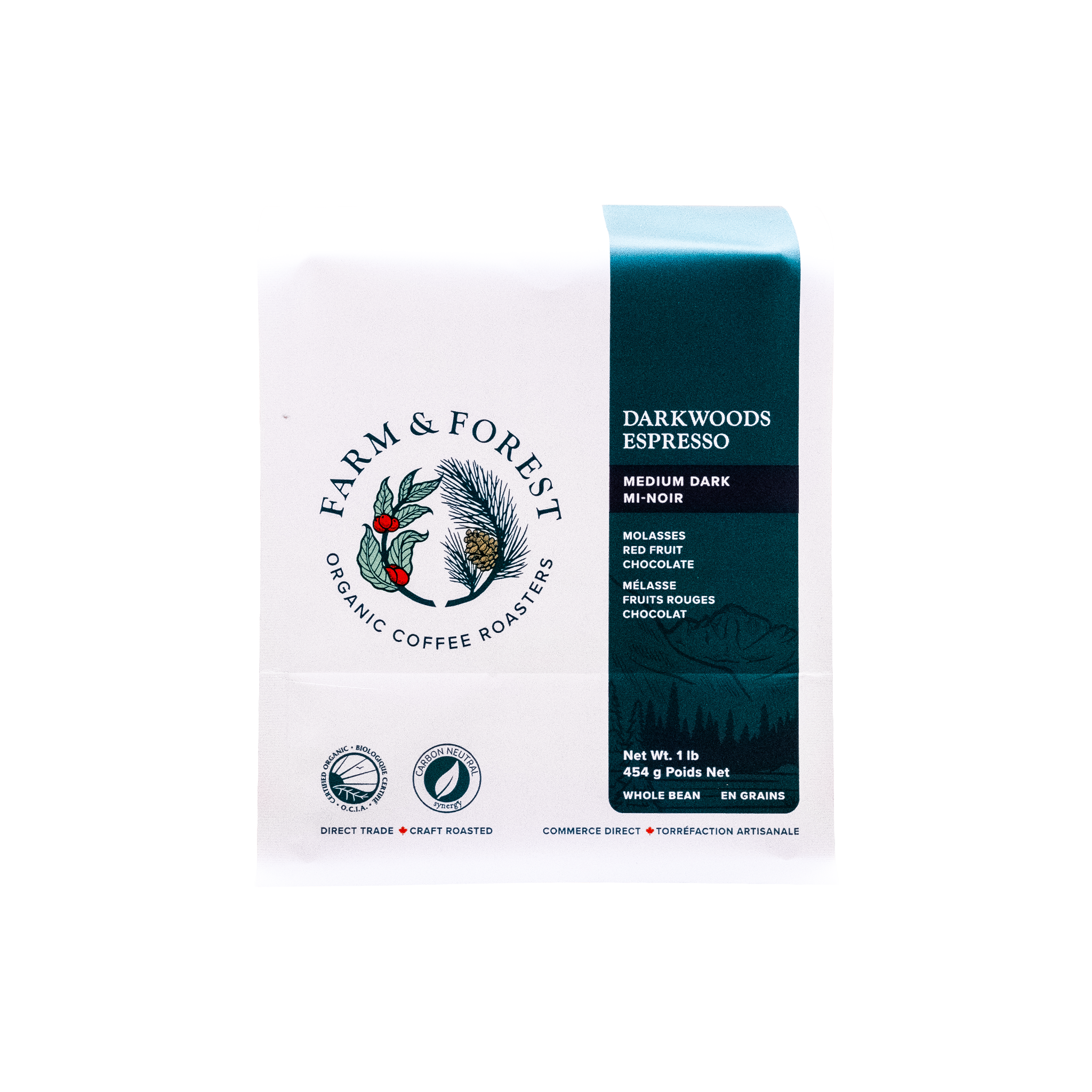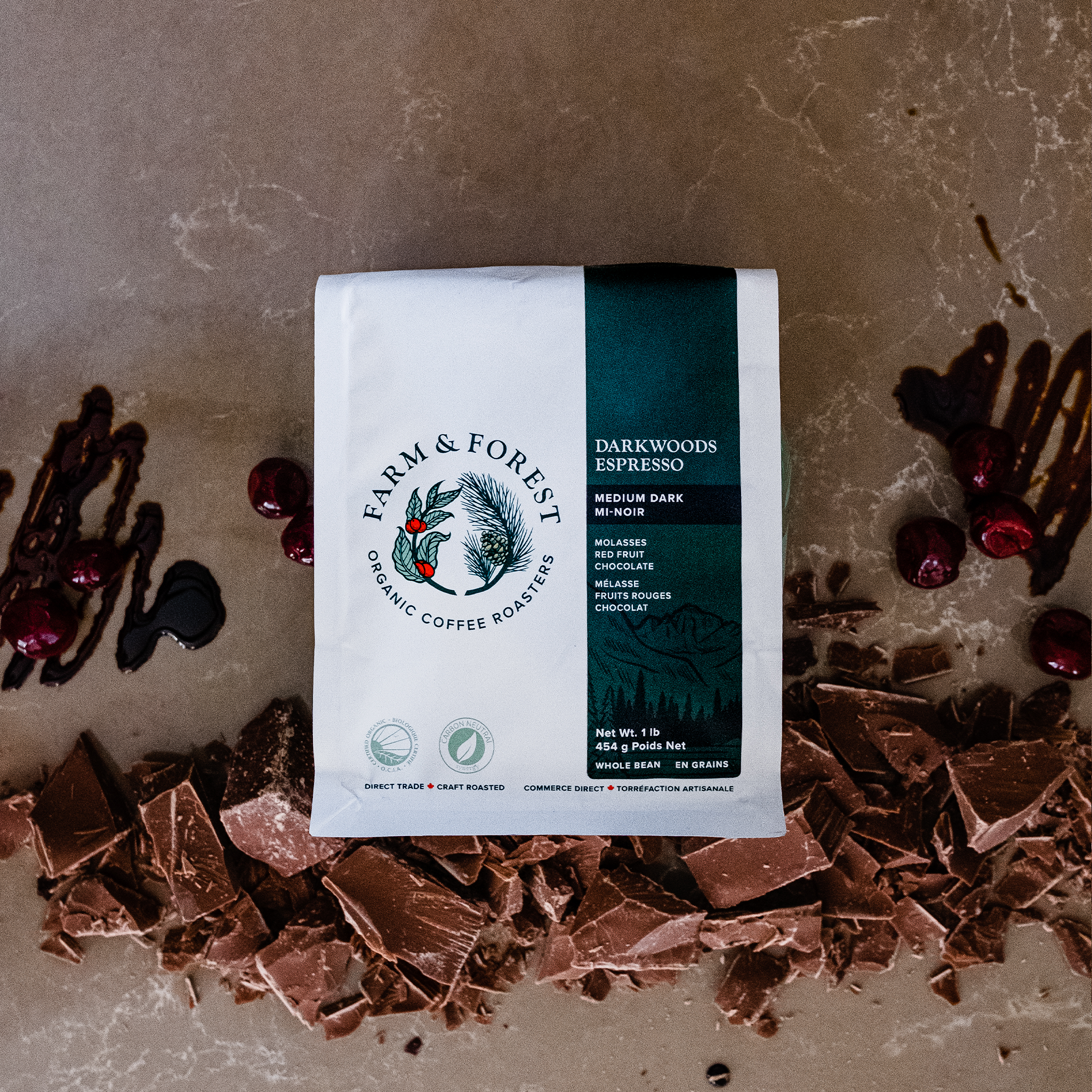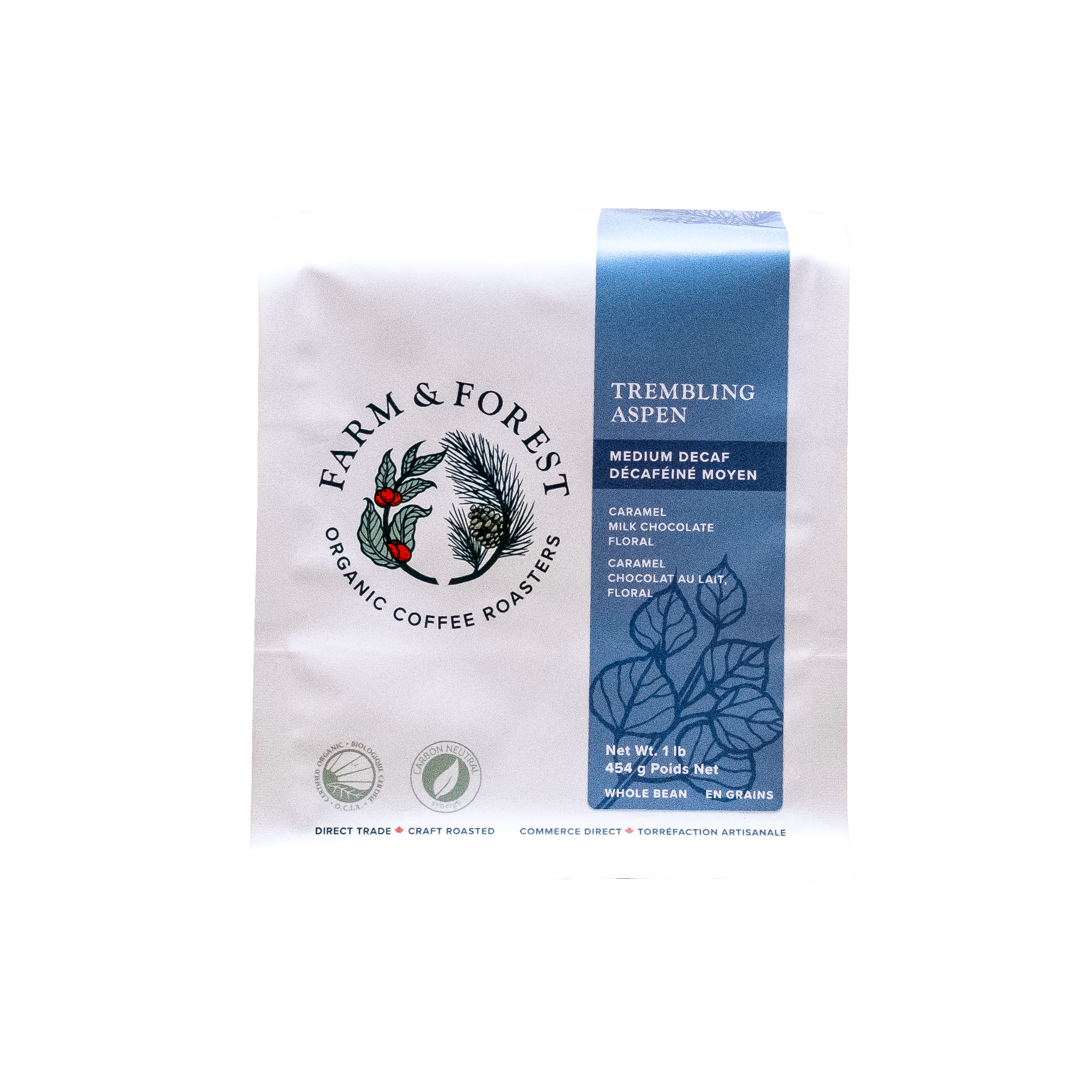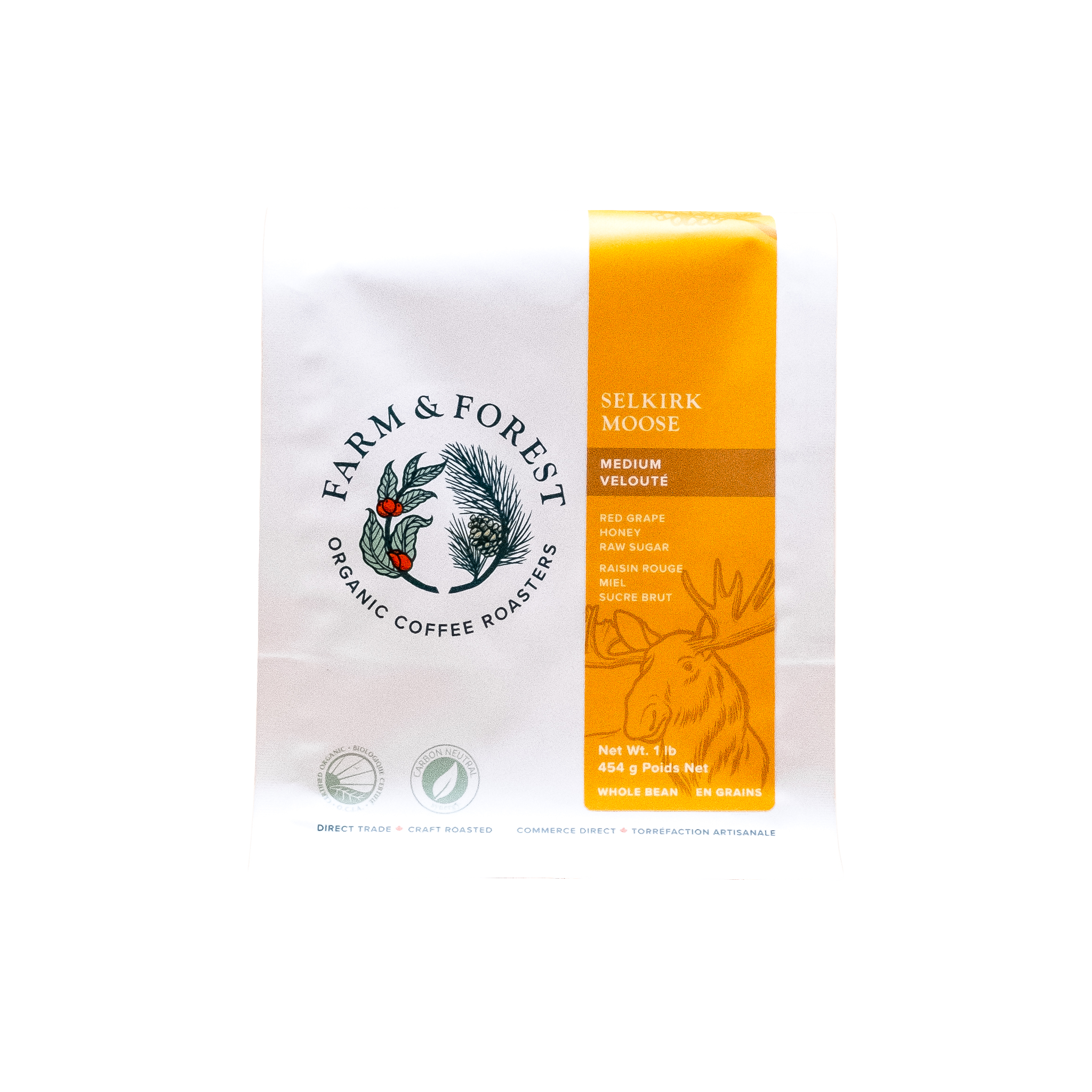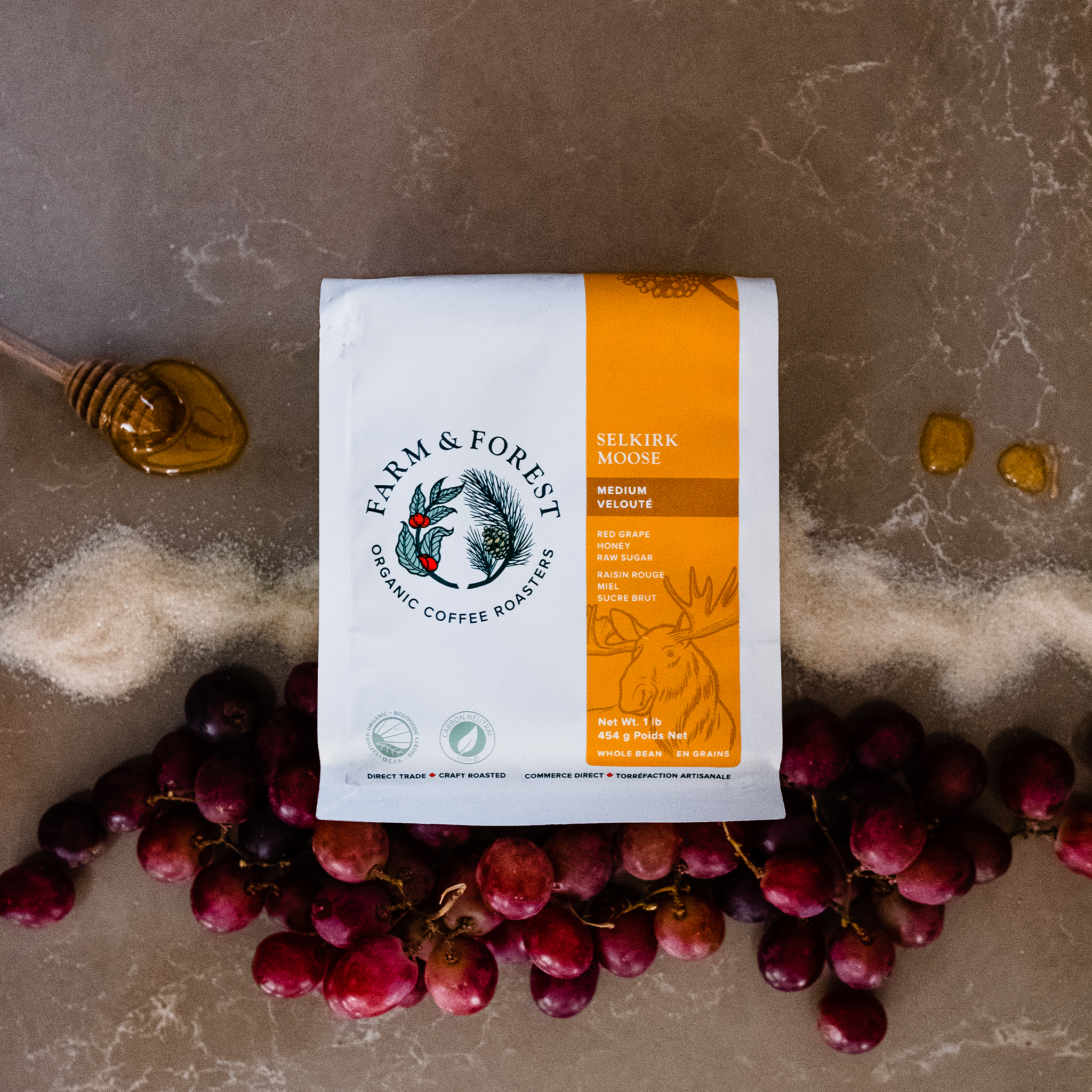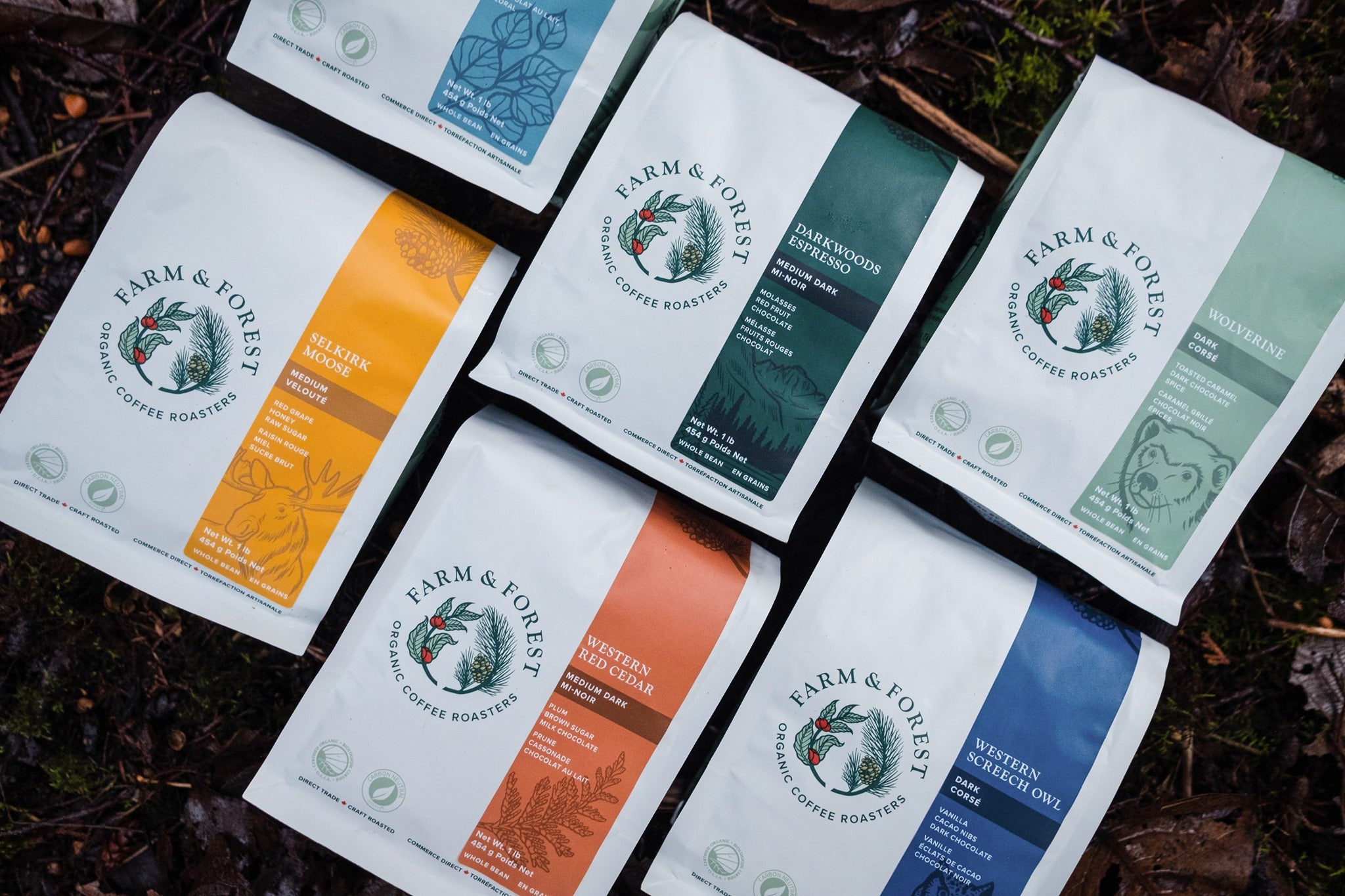How Long Do Coffee Beans Last? All You Need to Know About Coffee Freshness
For coffee enthusiasts, freshness is everything. The aroma, flavour, and overall coffee experience depend on the quality and age of the beans. But how long do coffee beans last? And what can you do to keep them at their peak? This blog article covers everything you need to know about coffee freshness, from shelf life to storage tips and signs of stale coffee.
How Long Do Coffee Beans Stay Fresh?
Whole Beans vs. Ground Coffee
The shelf life of coffee depends on whether you have whole beans or ground coffee. Whole beans retain their freshness longer because they have less surface area exposed to oxygen.
- Whole coffee beans: Stay fresh for 2 to 4 weeks after roasting if stored properly.
- Ground coffee: Stays fresh for 1 to 2 weeks after roasting, as grinding increases exposure to air and accelerates oxidation.
Roasted Coffee vs. Green (Unroasted) Beans
- Roasted coffee beans: Begin to lose peak flavour within 2 weeks but remain drinkable for up to 3 months if stored correctly
- Green coffee beans: Can last 6 months to 1 year if kept in a cool, dark, and dry environment. They are less prone to oxidation and maintain their quality longer than roasted beans.
Factors That Affect Coffee Freshness
Oxygen Exposure: Oxidation is the primary cause of stale coffee. The more your beans are exposed to oxygen, the faster they deteriorate. Airtight storage is crucial.
Moisture and Humidity: Coffee beans are hygroscopic, meaning they absorb moisture from the air. High humidity can lead to mould and spoilage, while too little moisture can dry out the beans.
Temperature and Light: Heat and light speed up the degradation of coffee oils and aromatic compounds. Storing coffee in a cool, dark place preserves freshness.
Grind Size and Surface Area: Grinding coffee exposes more surface area to air, causing flavours to fade quickly. For the freshest coffee, grind beans just before brewing.
How to Store Coffee Beans for Maximum Freshness
1. Use an Airtight Container
Invest in a vacuum-sealed or airtight container to minimize oxygen exposure. Avoid leaving coffee in its original bag once opened.
2. Store in a Cool, Dark Place
A pantry or cupboard away from direct sunlight and heat sources (like the stove) is ideal.
3. Avoid Refrigeration
While some believe refrigerating coffee extends freshness, the fluctuating temperatures and moisture can degrade flavour and cause condensation, leading to stale coffee.
4. Freeze Only for Long-Term Storage
If you must store coffee for more than a month, freezing whole beans in a sealed, airtight bag can help. Just ensure you take out only what you need at a time, as repeated thawing and refreezing can cause moisture buildup. Check our Freezing Coffee Beans Guide for more details.
Signs Your Coffee Beans Have Gone Stale
- Faded aroma: Fresh coffee has a strong, complex fragrance. Stale coffee smells flat or musty.
- Loss of oils: High-quality coffee beans have natural oils that give a slight sheen. Dry, dull beans are a sign of age.
- Bland taste: If your coffee tastes weak or bitter instead of rich and vibrant, it may be past its prime.
- No bloom in brewing: Fresh coffee releases CO₂ during brewing, causing a bloom (bubbles or foam). If there is no bloom, your coffee may be stale.
How to Make the Most of Older Coffee Beans
Now that you know how to keep your coffee fresh, there are still ways to use coffee beans that are past their prime but not spoiled. You can get creative with them in the following ways:
- Cold brew coffee: Older beans work well for cold brew, as the extended steeping time extracts flavour more evenly.
- Espresso shots: Slightly stale beans can still produce decent espresso, though not as fresh and aromatic as new beans.
- Coffee-infused desserts: Use stale coffee beans to make coffee-infused ice cream, syrups, or baked goods.
- Composting: If beans are too stale to enjoy, they make excellent compost material for plants.
FAQs About Coffee Bean Freshness
How can I tell if my coffee beans are still fresh?
Fresh beans have a strong aroma, visible oils, and a robust flavour. If your coffee smells flat and tastes bland, it is likely stale.
Do coffee beans go bad or just lose flavour?
Coffee beans do not spoil in the way perishable foods do, but they do lose their flavour over time. However, if exposed to moisture, they can grow mould and become unsafe to consume.
Is it okay to drink coffee made from old beans?
Yes, but the flavour will be less vibrant. If the beans have been stored properly anddo not show signs of mould or off-smells, they are safe to brew.
Does vacuum-sealing extend coffee freshness?
Yes! Vacuum-sealing helps prevent oxidation, keeping coffee fresher for longer. However, once opened, coffee should still be used within a few weeks for the best taste.
How should I store coffee beans if I buy in bulk?
For bulk coffee purchases, store most of the beans in an airtight bag in the freezer, taking out small portions at a time. Keep your daily-use beans in an opaque, airtight container at room temperature.


